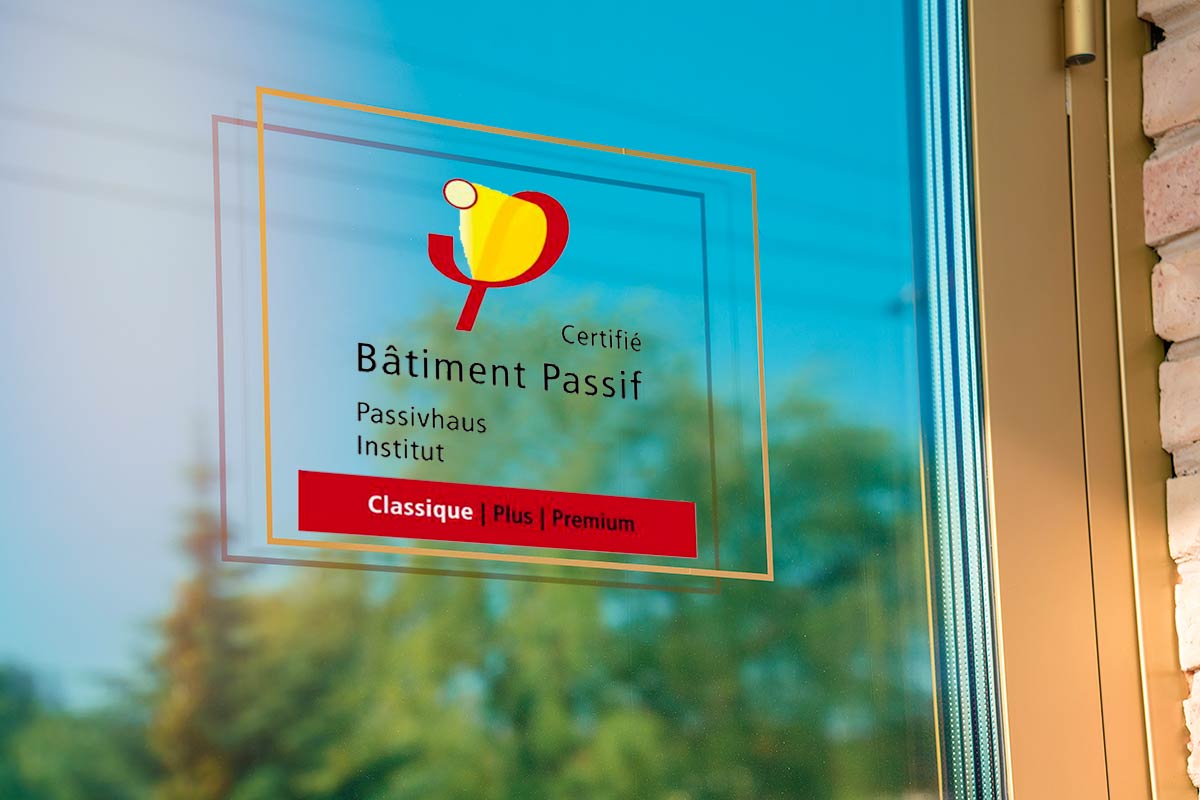
François Berthou Dialysis Centre: pioneer of the Passivhaus label in France
Located in St Priez en Jarez in the Loire region, this facility recently obtained the prestigious Passivhaus label, joining the very small community of buildings that comply with this environmental standard. Managed by the Artic 42 association, this private community center brings together 227 professionals and accommodates 396 patients.
"In 2017, Professor François Bertoux, president of the association, expressed the wish to construct a building of high environmental quality. His objective was to create a responsible space, offering optimal thermal comfort and clear premises for the well-being of everyone, professionals and patients alike," emphasizes Jocelyne Rey, medico-technical executive at Artic 42.
Saint-Etienne-based architect Julien Rivat accompanied the project, convinced that the passive building concept was the right response to the climatic challenges of the future. In 2019, this Dialysis Center saw the light of day, with 72 dialysis stations spread across 4 rooms in 2 wings. A large patio equipped with a 70 m² glass roof and planted walls contribute to the harmony of the space.
The building's passive design intelligently exploits all available sources of heat, particularly solar gain. Thermal well-being is achieved by heating and cooling incoming air via a sophisticated ventilation system. The geothermal system completes the picture, heating cold air in winter and cooling hot air in summer.
" A key element of the project was the architect's and thermal engineers' understanding of the dialysis process," explains Jocelyne Rey. "They took into account the heat generated during dialysis sessions. The architects calculated the heat input of users, both staff and patients, as well as the heat output of equipment, televisions and computer systems. This enabled us to calculate the size of the insulation to be fitted to the front of our building. The idea was to take advantage of all these internal heat sources to avoid having to heat the building. "
Centralized technical management optimizes facility control, while electricity sub-meters measure consumption pole by pole. However, the center's multidisciplinary team insists on the importance of responsible use. Thermal comfort surveys have been set up to ensure that patients and professionals feel comfortable in the building.
" In this type of project, it's vital to raise awareness among professionals. We have set up an educational module to train our professionals in the use of thermostats and air conditioning. We have a real sustainable development committee that takes its rightful place in the quality and risk management organization chart."
By reviewing its practices, in particular limiting automatic disinfection of its 70 generators, the facility has saved 10,500 kW and 143 cubic meters of unused drinking water, a saving of €4,500 for a single unit.
The dialysis center relies on its internal human resources to enrich practices and federate projects. Optimizing equipment operation, reviewing practices and raising user awareness are all levers for anchoring sustainable development in everyday life.
